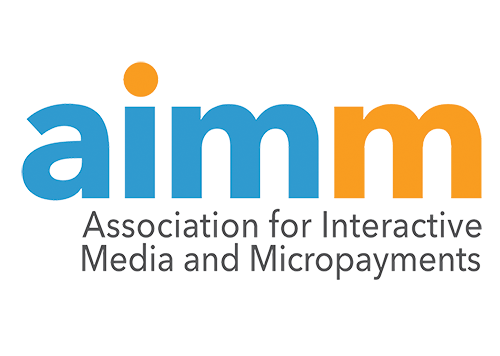08 August 2014
AIME, the Association of Interactive and Media Entertainment professionals specialising in micropayment services including voting, competitions, charity donations and mobile commerce, today released its Early Warning System to Members to warn Digital Marketing companies about rogue and fraudulent practices operated by entities masquerading as legitimate online publishers.
These practices are designed to defraud digital advertisers of their advertising funds and in the process, often cause issues for consumers who may be misled into purchasing services that they do not want.
AIME Members in the micropayment (also called premium rate) market raised their concerns around malpractice affecting digital marketing, and AIME responded with two major initiatives. The first is the AIME Digital Marketing Guide that advises advertisers operating in the internet marketing arena, on how to detect and prevent fraud attempts aimed at their advertising budget.
The second is a community blogging platform known as the AIME Early Warning System for advertisers to warn each other of bad practices that they have encountered when conducting their own monitoring.
Additional to advertisers’ posting warnings, AIME has negotiated to receive postings from PhonepayPlus (the UK premium rate regulator) and from monitoring and compliance companies such as Enarpee, Empello and ETX. AIME is in discussions with anti-virus software companies and the UK Cabinet Office about collaborating with their cybercrime and malware information sharing initiatives, and getting their relevant alerts posted into the AIME Early Warning System.
Cybercrime can affect consumers who use smartphones, tablets and computers to access the internet. Consumers are particularly vulnerable if they have not installed anti-virus software on portable devices as infections with adware or malware are becoming increasingly common.
In addition the Internet is rife with dubious practices like ‘clickjacking’ and ‘typosquatting’, designed to trick consumers into visiting or even purchasing chargeable services under false pretences.
In all these cases, it is often the internet advertiser who has to deal with the fallout from the consumer issue while also losing out financially to the fraud.
Used together, AIME’s Digital Marketing Guide and Early Warning System provides relevant and timely information to enable advertiser to protect themselves from affiliate fraud and in doing so, help to protect online consumers from harm.
AIME Chairman Edward Boddington, stated:
“Affiliate marketing fraud is a serious problem for all Internet advertisers. It causes particular issues for merchants using micropayment options as often the fraud is not caught until after users have been misled, leading to brand damage in addition to defrauded advertising spend.
Last year Internet advertising fraud cost AIME members around £20 million, in addition to considerable brand damage.
“Together AIME’s two initiatives are equivalent to a Neighbourhood Watch for online advertisers. Both initiatives are a success because of the extensive support provided by Members. AIME’s strength is enabling Members to collaborate on solutions to industry issues so as to protect and nurture the marketplace in which they work.”

